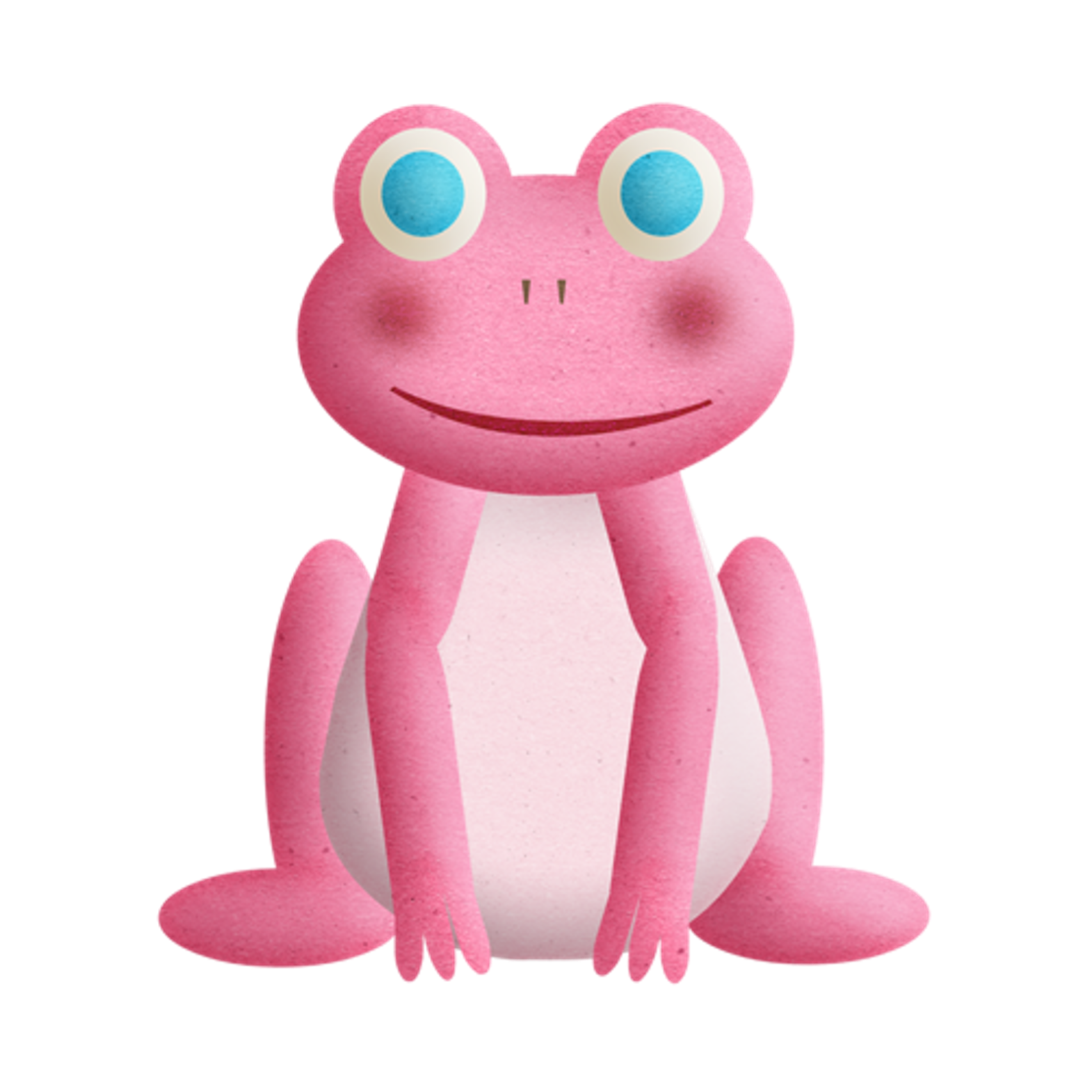Self-Love, Resilience, and Being True to Who You Are (Even When It’s Really Bloody Hard)
Some days, I flirt with Gabor Maté. Other days, I crawl right back into the arms of Brene Brown like the emotionally exhausted, overthinking CEO I am.
Today is a Brene day.
I’ve been reflecting on something she said, something that hits especially hard when you’re building something people don’t understand. Or worse, don’t want to understand.
“If you are not in the arena getting your ass kicked on occasion, I am not interested in or open to your feedback… There are a million cheap seats in the world today filled with people who will never be brave with their own lives, but will spend every ounce of energy they have hurling advice and judgement at those of us trying to dare greatly.”
Amen.
If you work in the adult industry, or advocate for those who do, you’ll know exactly what I mean. Everyone seems to have an opinion, especially those with no skin in the game. They’re not the ones in the arena. They’re not building services, holding hands through breakdowns, fighting stigma, or dealing with burnout and bureaucracy. But they’ll still loudly let you know how you should be doing it.
And it’s easy to let that noise get in. Some of it is clever. Some of it sounds almost like concern. Some of it hits a little too close to an insecurity you’re already wrestling with at 2am. And suddenly, you’re not sure if you’re a fraud or just tired.
But here’s what I’ve learned – self-love isn’t fluffy. It’s not always bubble baths and mantras. Often, it’s raw, gritty, painful work. It’s setting boundaries that make people uncomfortable. It’s deciding who gets a say in your life.
Brene has another quote I come back to often, she tells us to take a 1×1 inch piece of paper and write down the names of the people whose opinions truly matter. Not because they always agree with you, but because they love you enough to tell you the truth and hold space for your growth. That list is sacred. Everyone else? Cheap seats.
When I started Pineapple Support, plenty of people said it wouldn’t work. “Nobody will fund it.” “Too risky.” “Too controversial.”
But those who knew me, really knew me, didn’t doubt it for a second. Because they understood the passion, the sleepless nights, the desperate need for this work to exist. They saw how deeply I cared, and how stubborn I can be when something matters.
It’s still hard. We support thousands of creators, but I still wish we could do more. I still take it personally when we can’t help everyone. I still lie awake some nights thinking of ways to reach those who are struggling silently. I still get overwhelmed by the weight of it all, and I still keep showing up.
Because I know what we do matters. And I know that the only way to build something meaningful is to be relentlessly authentic, even when it’s painful. Even when it means being misunderstood, judged, or dismissed.
If you’re in the adult industry, chances are you’ve felt the sting of judgment too. People love to make assumptions. They think they know your life, your reasons, your worth, without ever knowing you. But unless they’ve walked in your shoes (or stilettos) they don’t get a vote.
You are not here to make everyone comfortable. You are here to be brave with your life. That takes self-love. That takes resilience. That takes an unshakable belief in your purpose, even when others can’t see it yet.
So here’s your permission slip, from me, from Brene, from the inner voice you sometimes forget to listen to: you don’t have to explain yourself to people committed to misunderstanding you. You don’t owe your story to anyone who wouldn’t hold it with care.
Keep showing up. Keep being you. Keep doing the work – messy, complicated, brave, beautiful work.
And if you need to, come sit with me. We’ll cry, laugh, maybe quote a little Gabor, and definitely write some fierce truths on very small pieces of paper.
(featured photograph with Christina Carter, the day we launched Pineapple Support at EXXXOTICA Denver in April 2018)
with love and pineapple hugs,
Leya










